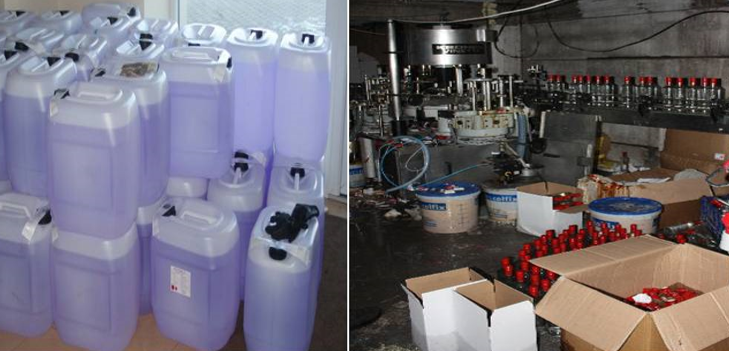
A wide-ranging report by the International Alliance for Responsible Drinking (IARD) highlighted that social and economic considerations are the principal drivers for illicit alcohol which creates numerous problems for communities, fiscal authorities and legitimate producers. While the report looks mainly at countries in Africa and the Americas, the parallels with the EU are clear: disproportionate regulation and excessive taxation drives consumers to illicit channels, sometimes with fatal consequences: over 50 people died from contaminated alcohol in the Czech Republic in 2012.
While some efforts to address the problems within Europe are evident - the Food Integrity Project is an excellent example, as are changes to the rules on denatured alcohol - they will not resolve much bigger difficulties, some of which are self-inflicted.
The worst example of an own-goal is in Greece where, when incomes were falling in the financial crisis, the government’s response was to increase tax on spirits by 125% in a 15-month period. The result, entirely predictable, was the collapse of the legitimate market: sales of 6.5 million cases in 2008 fell to 3.7 million in 2012. Government revenues in 2016 were lower in real terms than in 2008. A huge black market was created, filled partly by smuggling from Bulgaria and partly by illegal sale of home- or farm-distilled alcohol. Despite this, nothing is happening to address the root cause of the problem.
In Romania, a 2016 report suggested that the non-tax-paid part of the spirits market was nearly 30%. It is possibly much higher. Tax revenues from spirits are pitifully low, at around €100 million a year. By comparison, Slovakia, with a quarter of Romania’s population and comparable tax levels, collects more than double that amount. Again, there are no signs of any attempt to clean up the illicit alcohol market.
These are, regrettably, not the only EU markets where illicit alcohol thrives, as a separate report from Oxford Economics has also demonstrated. The ongoing review of the excise structures directive provided an opportunity to start to address one of the key drivers, i.e. the disproportionate tax rates between the different categories of alcoholic beverage. However, the proposal which emerged provides a mechanism to make the gaps even wider! We do not believe that is a sensible policy response to the known difficulties from illicit alcohol.